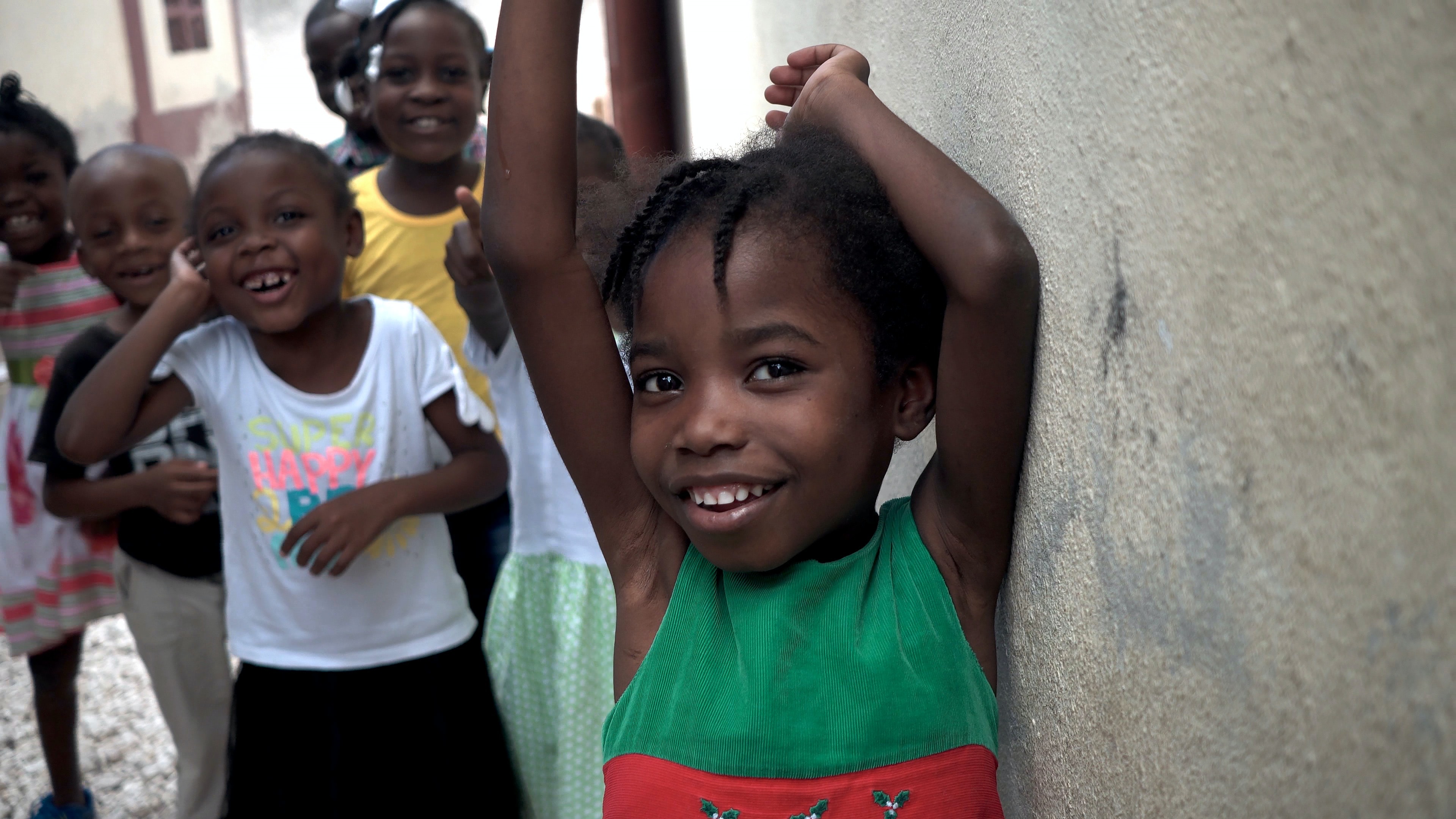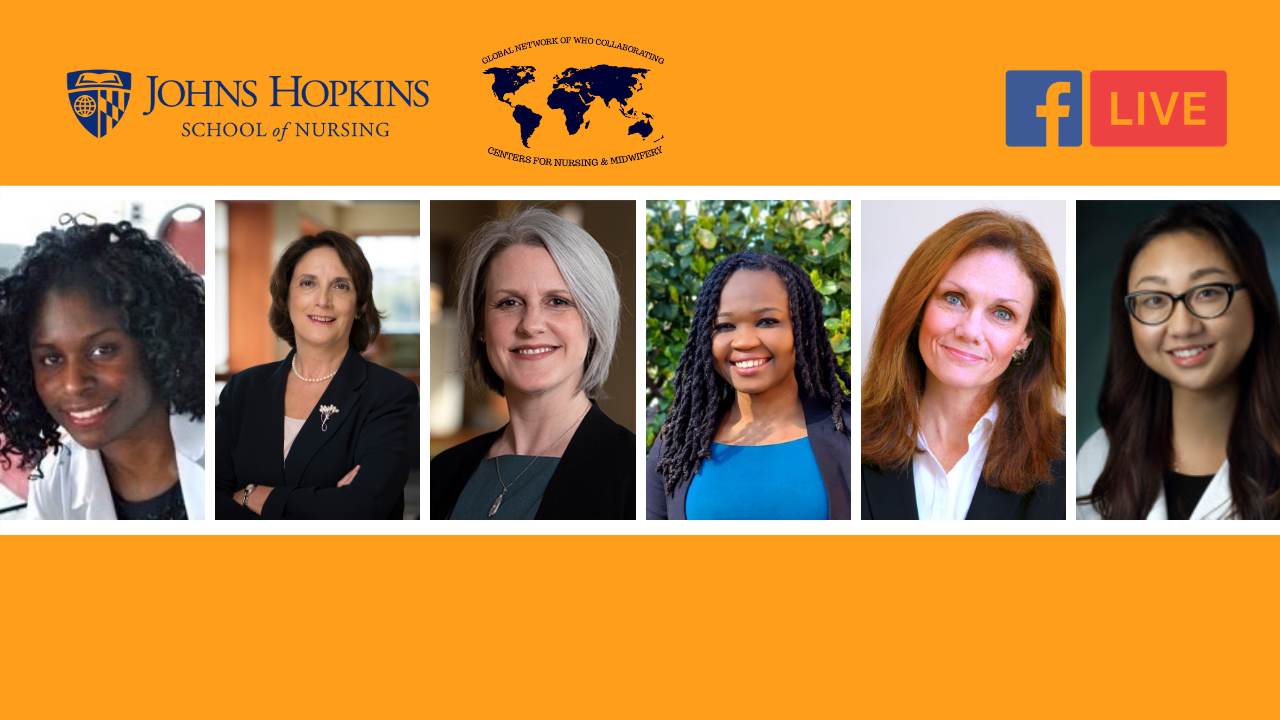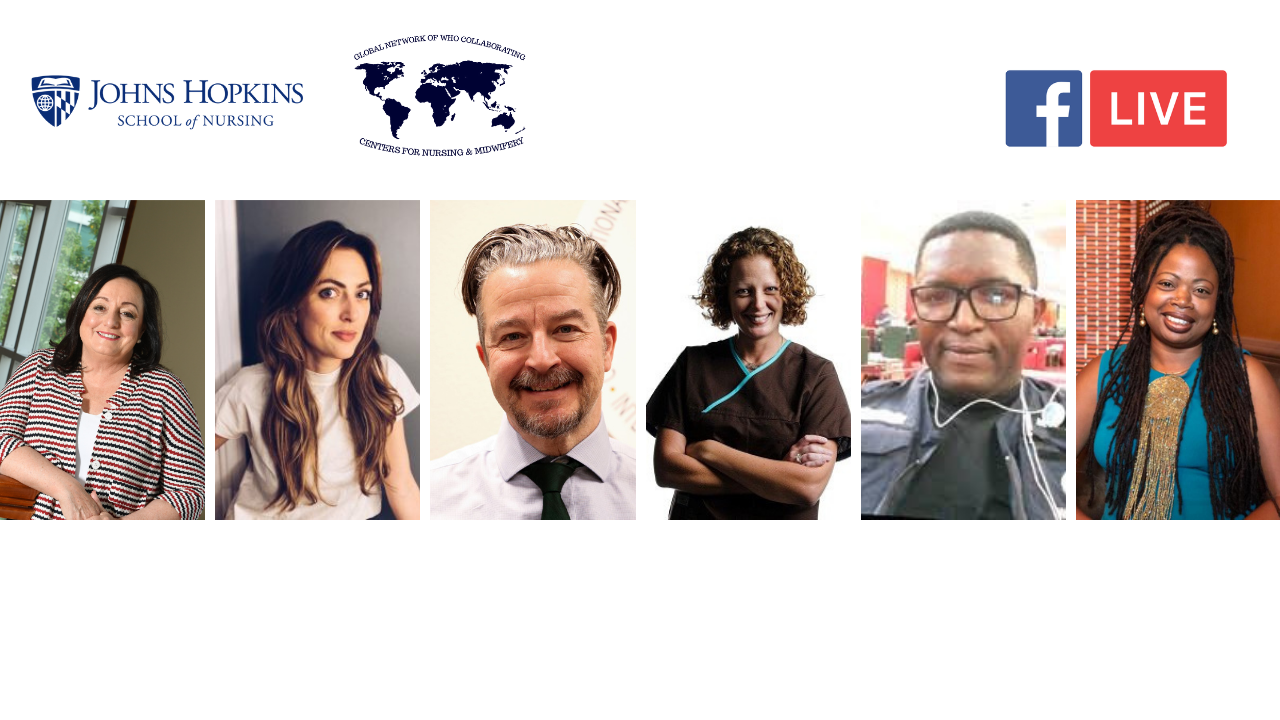Arriving in Incheon, South Korea, after a long flight from North America, there’s not much to indicate that I’m halfway around the world from where I started. The atmosphere is sleek, modern, and relatively interchangeable with that of any large air hub. As I sit on a bus, inching toward Seoul through a landscape of tidal flats, jagged mountains, and scores of Kias and Hyundais, the realization that I am in a very different place begins to slowly set in. But it’s when I step off the bus into a neon-fringed street buzzing with energy that I become fully aware that I am in Korea.
 Streets like these, on which restaurants, clothing shops, and any imaginable small business are packed together into even the smallest nooks, are the heart of the frenetic, commerce-driven metropolis of Seoul. Vendors stand by bubbling trays of spicy rice noodles and fish cakes a few steps from chic “fusion” restaurants. Scantily clad “ad models” dance on the sidewalk to booming techno music announcing the opening of a new electronics shop, while families casually stroll by, unfazed. Throngs of young people crowd the streets. Everyone seems to be on their way somewhere. And everywhere I look, there are neon lights.
Streets like these, on which restaurants, clothing shops, and any imaginable small business are packed together into even the smallest nooks, are the heart of the frenetic, commerce-driven metropolis of Seoul. Vendors stand by bubbling trays of spicy rice noodles and fish cakes a few steps from chic “fusion” restaurants. Scantily clad “ad models” dance on the sidewalk to booming techno music announcing the opening of a new electronics shop, while families casually stroll by, unfazed. Throngs of young people crowd the streets. Everyone seems to be on their way somewhere. And everywhere I look, there are neon lights.
Standing in the midst of this flood of sensory input, there is no mistaking the fact that I am very, very far from home. So as we strolled through Seoul, it came as a surprise when Hopkins nursing student K. Olivia Robbie mentioned she has been most impressed with the similarities, rather than the differences, in health care between Korea and the United States.
In many ways, the health care challenges that South Korea faces mirror those of the United States, says Robbie. “Doing research in another country, you realize that the health care challenges in the United States are not isolated issues.” Among the most pressing issues are rising health care costs and an increasingly elderly population.
A fellow in the Minority Health and Health Disparities International Research Training (MHIRT) program, Robbie is in Korea examining the challenges the South Korean government has encountered in con-taining costs associated with its national health insurance system. She points out that between 2000 and 2006 health care expenditure in Korea grew 10.7 percent per year, more than twice the average rate of other developed countries. The problem is compounded by an aging population. By 2050, Korea is projected to have the fourth largest proportion of elderly citizens in the world, due in large part to the current birthrate, which ranks as the lowest in the world.
Under the guidance of Dr. Il Young Yoo, the MHIRT program faculty adviser at Yonsei University, Robbie is conducting research that addresses problems in South Korea’s health care system. She is joined this summer by MHIRT fellow Cathy Handy, a student from the Johns Hopkins University School of Medicine.
Under Yoo’s guidance, Handy and Robbie have been investigating ways to reduce health care expenditures by streamlining care for a percentage of the Korean Medicaid population, known as “over-utilizers,” who visit a health care provider more than 365 times a year. Their project builds on the work of Dr. Eui Sook Kim, also a faculty member at Yonsei University, who discovered that 64 percent of Medicaid recipients “over-utilize” health care.
This population is made of mostly elderly, poor, and unmarried or widowed women. Seventy-nine percent have had less than six years of education, due in part to the Japanese colonization of Korea (1910-1945), under which women were barred from receiving an education. They experience a high incidence of chronic illness, including diabetes, hypertension, arthritis, COPD, and depression, which can lead to visiting multiple doctors who prescribe multiple medications. Many have difficulties integrating the care they receive. The result is fragmented, disorganized, and expensive care that can harm as much as it helps.
 |
| Olivia Robbie, accelerated ’09, received hands-on international nursing experience in Korea this summer. |
Handy and Robbie’s research began in Baltimore, when they met with Professor Miyong Kim, a MHIRT faculty mentor from the Johns Hopkins University School of Nursing. The team decided to focus on care management programs, in which a health care professional assists patients in coordinating their medical care, guiding them to appropriate informational sources and outside services, as a possible solution for the Korean “over-utilizers.”
At Yonsei University, Handy has written a comprehensive literature review of successful care management programs in the United States and around the world. Robbie is synthesizing Handy’s work with Dr. Eui Sook Kim’s data to create a sample program addressing Korea’s unique needs.
Using existing care management programs in the United States as a guide, Robbie’s sample program calls for care intermediary positions to be formed within the Korean healthcare system. Each intermediary would stay in frequent contact with a group of “over-utilizers,” tracking their illnesses and advising them on the most effective care plans.
As their knowledge of the Korean health care system broadened, Robbie and Handy were impressed by its quality, resources, and the speed with which it has developed. “I was amazed at all of the resources Korea has for its citizens-from free in vitro fertilization to large community centers for the elderly. There are extensive support services for all ages and socioeconomic classes,” says Handy.
Robbie adds that “Korea is a small country in which quality health care was unthinkable just a few decades ago. But today they have one of the best national health insurance systems in the world. Primary health care is incredibly cheap and accessible for Koreans, so many people seek treatment before their health problems become severe.”
 |
| Patients await medical treatment and medication at a rural health clinic. Located on a remote island off Korea’s southern coast, the site welcomed MHIRT students who helped provide care to elderly residents. |
Robbie, who plans to pursue a graduate degree in the next few years, says that her summer in Korea helped her to grasp the important role that nursing research plays in the field of health care.” As a MHIRT fellow, I have a better understanding of how nursing research impacts practice and, most importantly, patients’ wellbeing,” she says. “As a graduate student, I will continue to pursue international research and practice. Eventually, I hope to initiate my own projects on an international level.”
Although Robbie hasn’t entirely decided on the area of nursing she will pursue, she is sure that the perspective that she has gained while working at Yonsei University will be invaluable. During her time there, she interacted with nursing professors, nurse practitioners, Hopkins nursing alumni, doctors, medical and nursing students, and a public health group from Fiji, among others. “Returning to the US, I feel as if I have a wider view of the field of nursing and the roles that I might play within it. I feel lucky to have had this experience at a time when most of my classmates were studying for the NCLEX and narrowing down their job choices.”
Before receiving the MHIRT fellowship, Robbie was interested in working with underserved populations, but didn’t have a specific plan of how she might go about doing so. “Now,” she says, “my eyes have been opened. There are a lot of research opportunities out there that focus speci-fically on underserved popula-tions. I understand now how urgent and crucial this research is for the well-being of entire nations.”
At some point, Robbie hopes to have the oppor-tunity to return to Korea. “I’ve made some great friends. And Korean food is incredible-I’d return anytime for a meal with friends.”
–Robby MacBain
 Global Service Learning: Guatemala
Global Service Learning: Guatemala From Baltimore to Vellore, India: Global Support for Nurses Struggling with COVID-Related Mental Health
From Baltimore to Vellore, India: Global Support for Nurses Struggling with COVID-Related Mental Health 7 Steps to Ensure Quality Global Health Missions
7 Steps to Ensure Quality Global Health Missions On The Pulse: COVID Vaccine Equity, Reaching Underserved Communities Locally & Globally
On The Pulse: COVID Vaccine Equity, Reaching Underserved Communities Locally & Globally On The Pulse: The Impact of COVID-19 on Nursing
On The Pulse: The Impact of COVID-19 on Nursing






